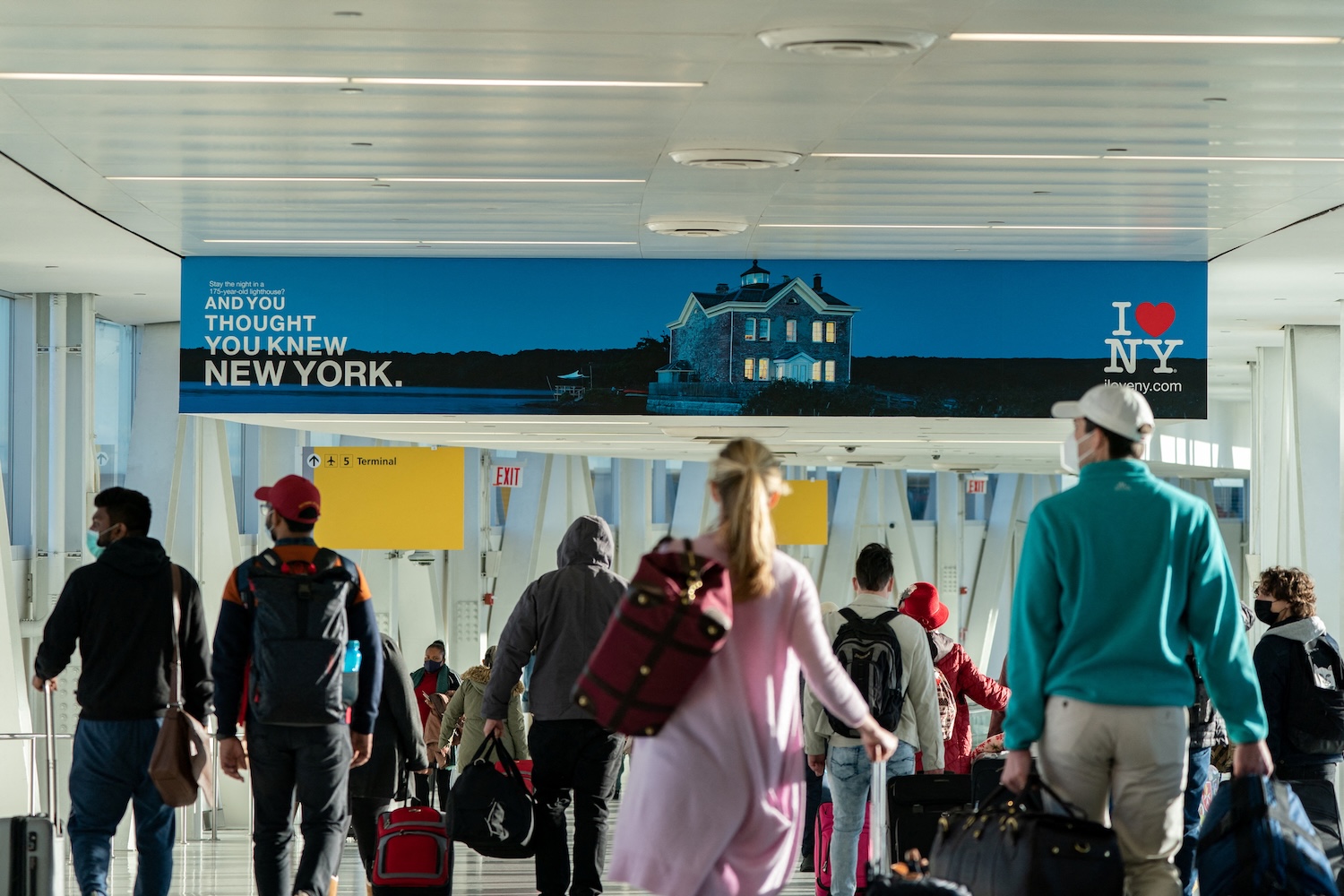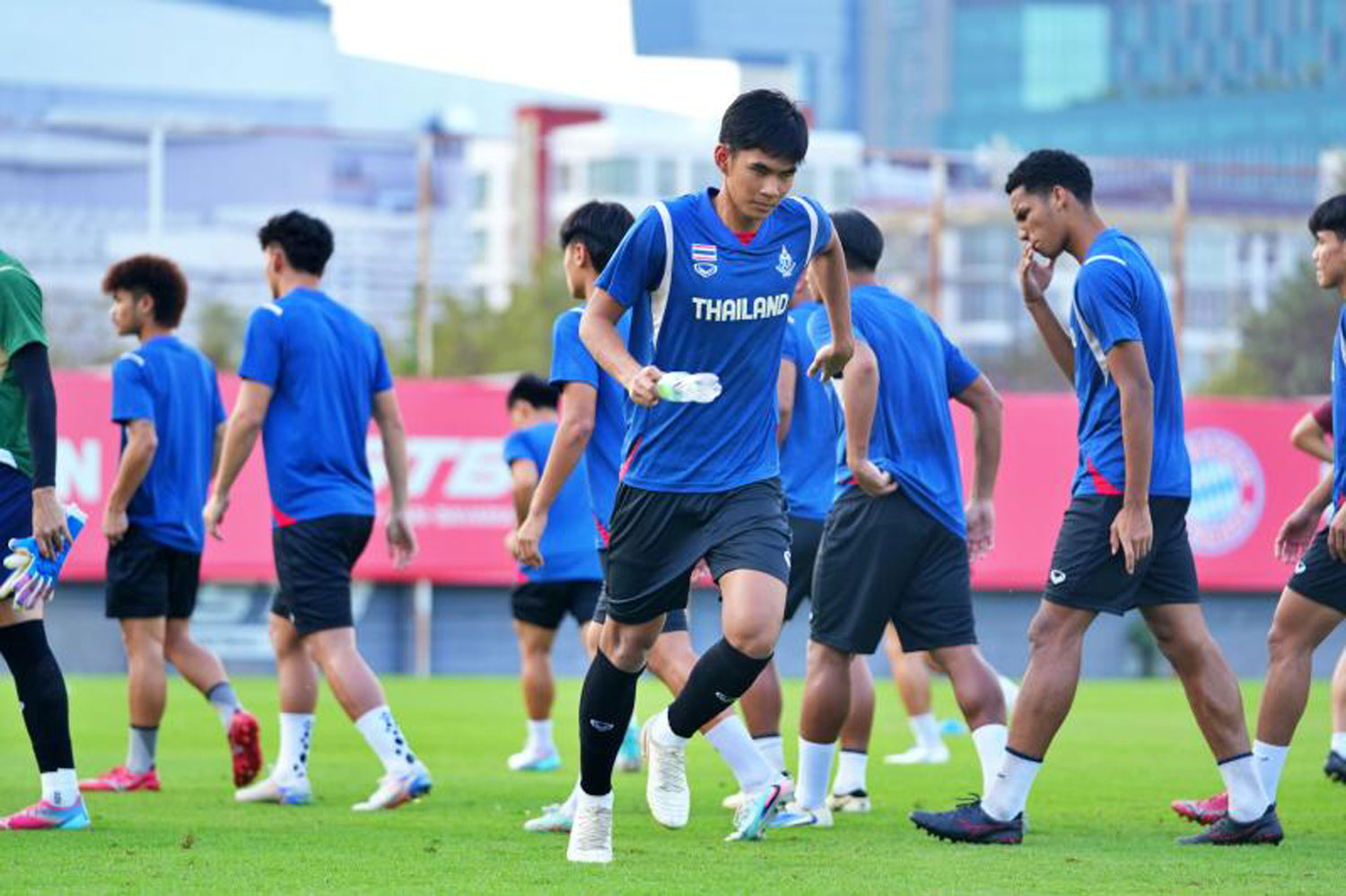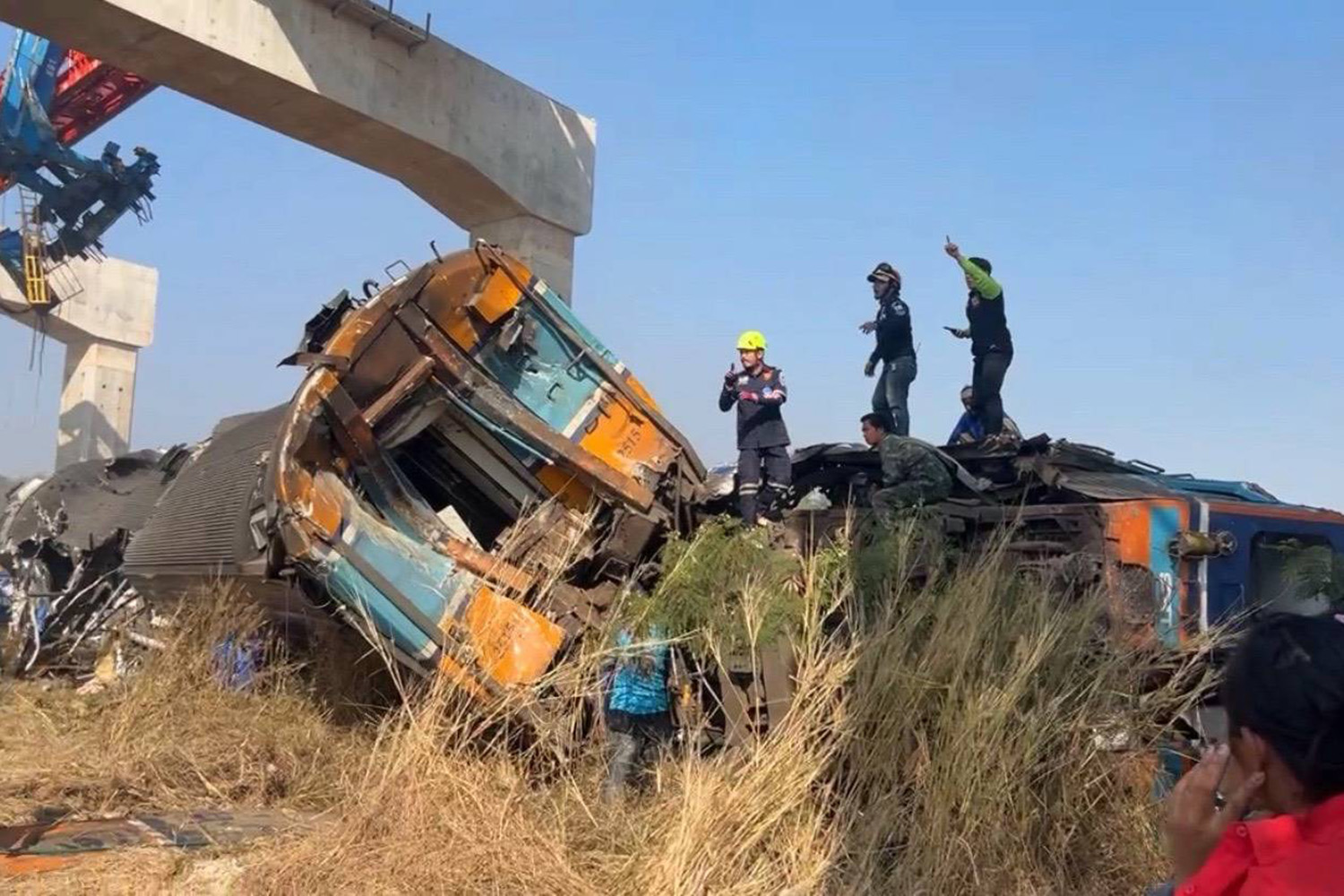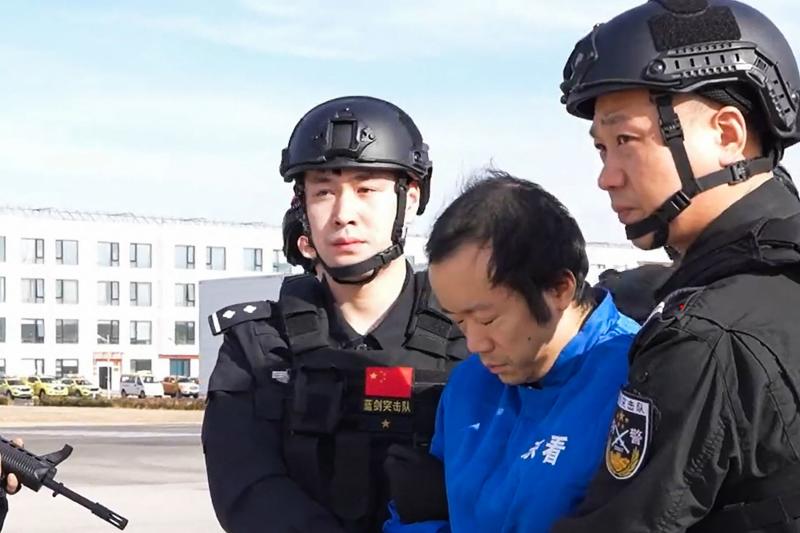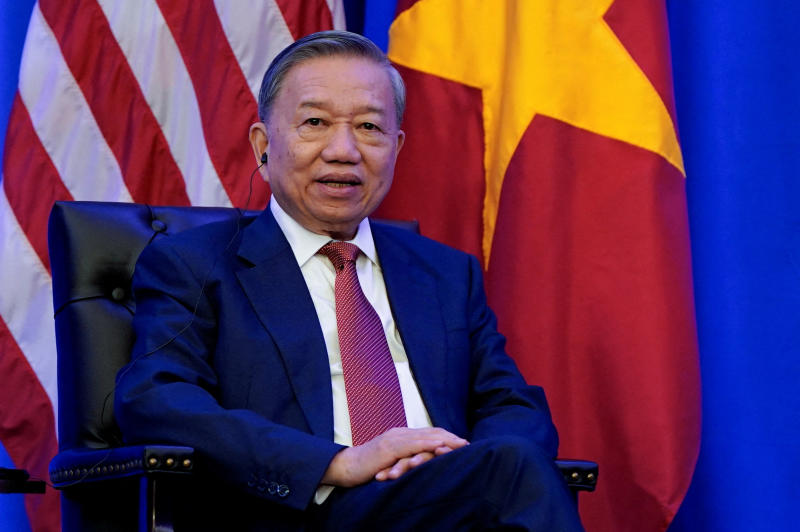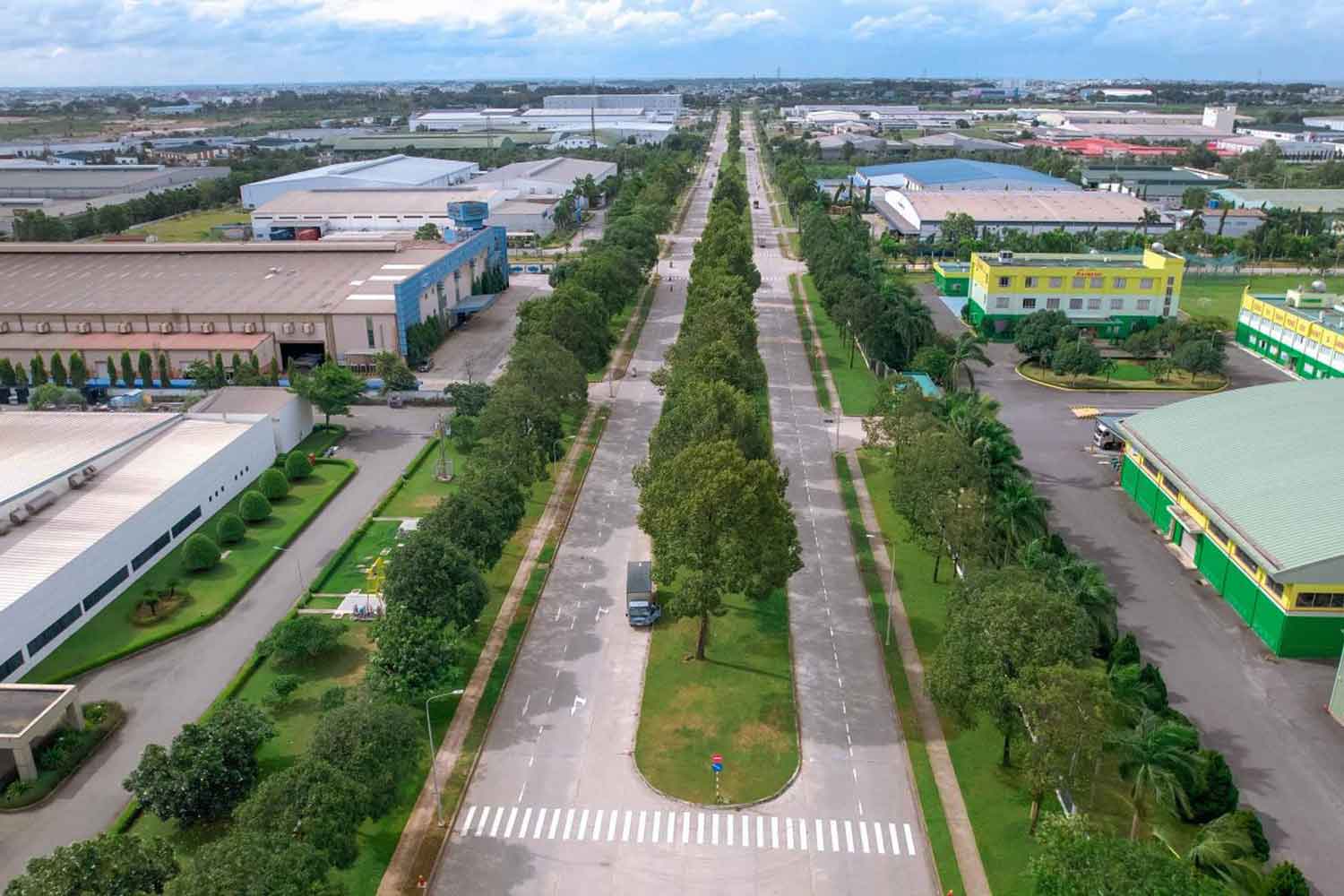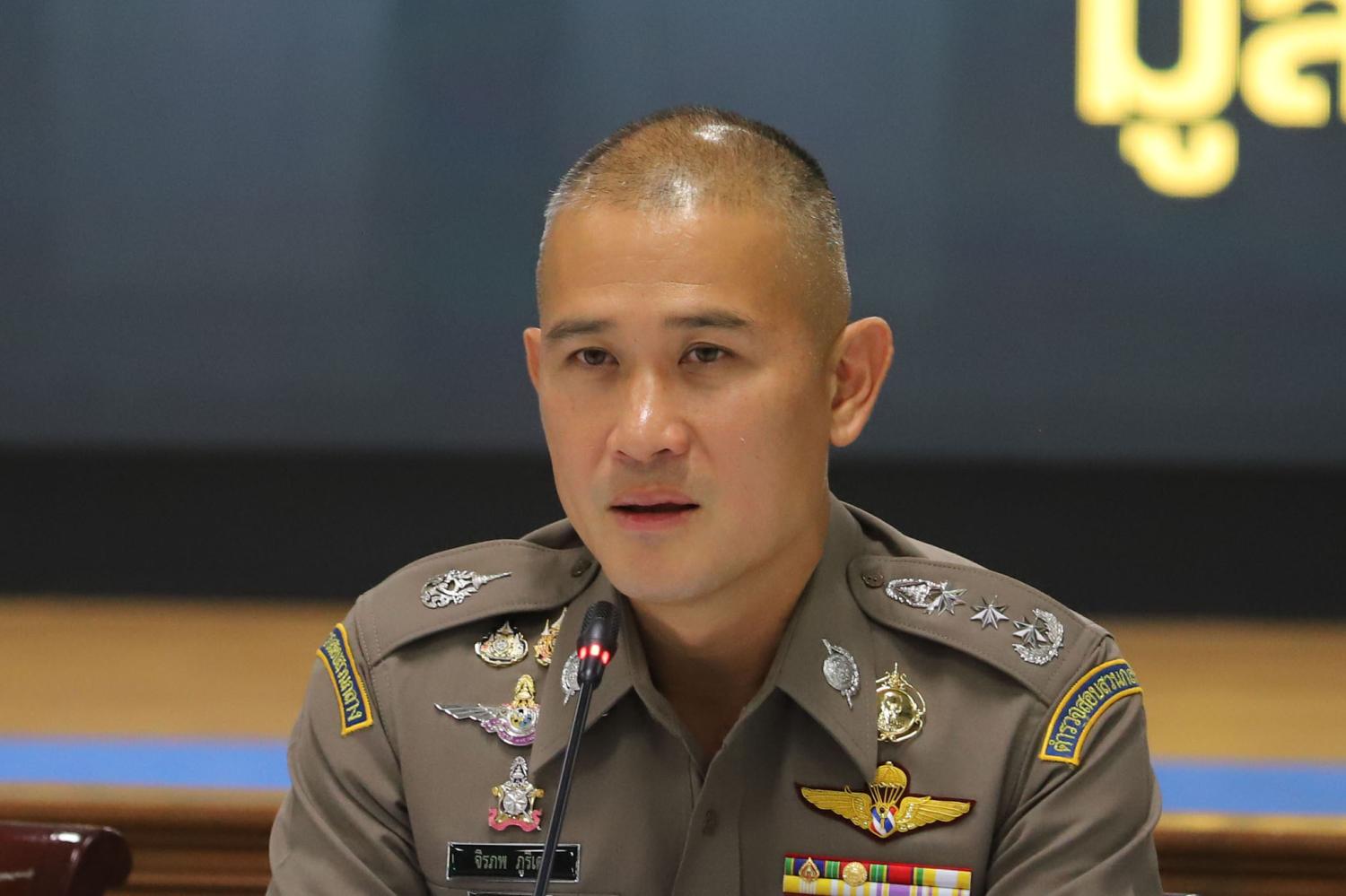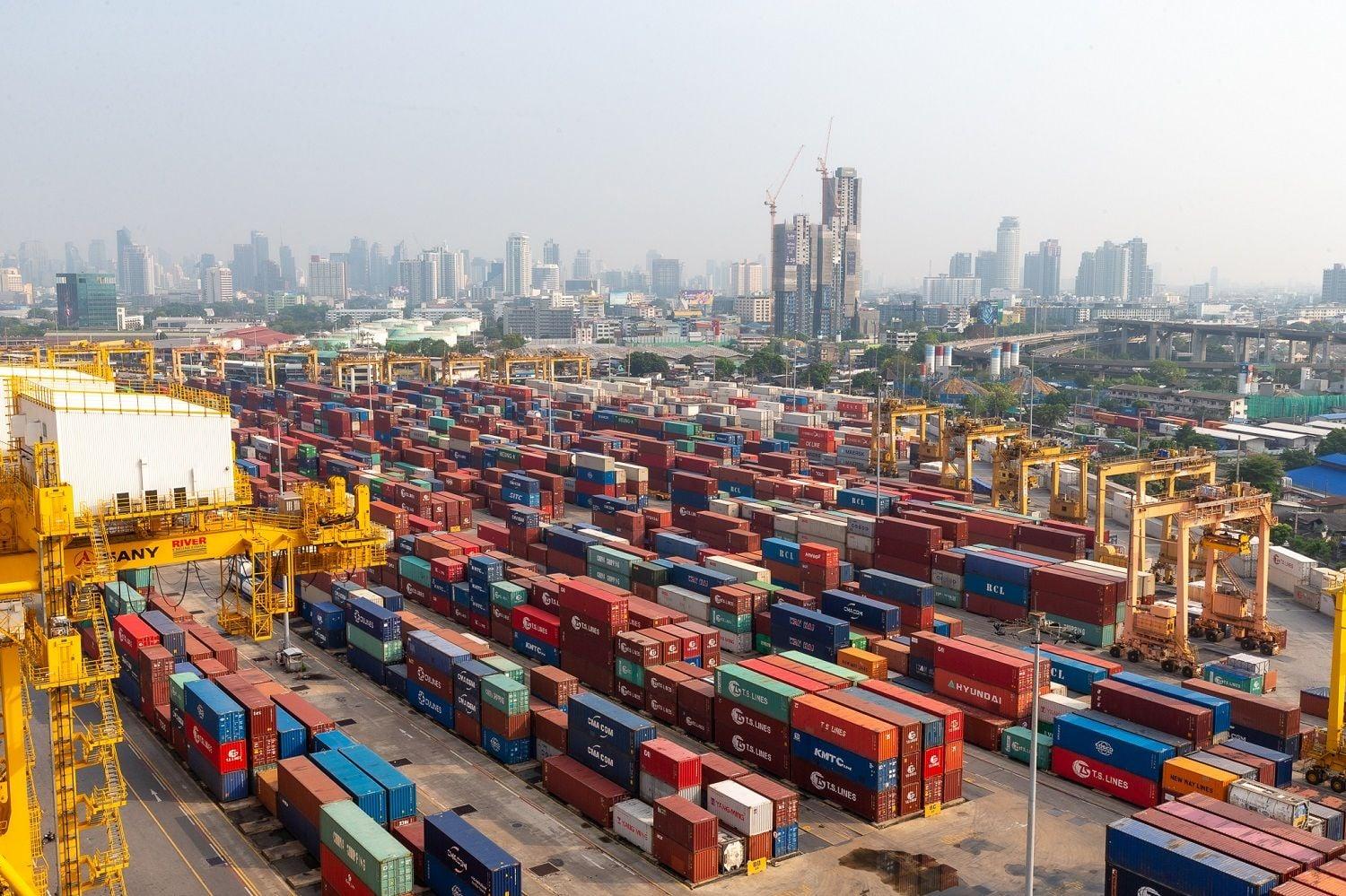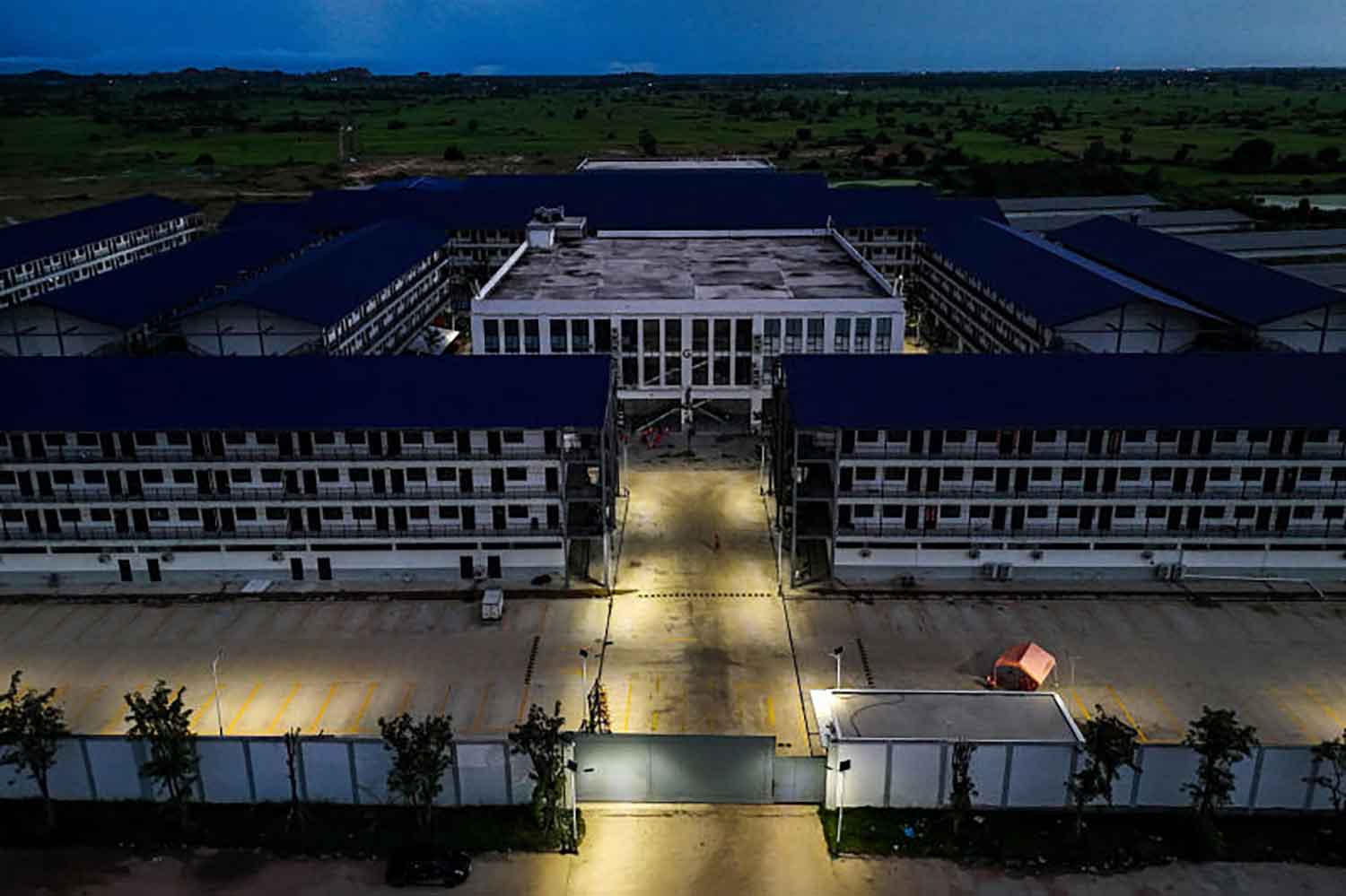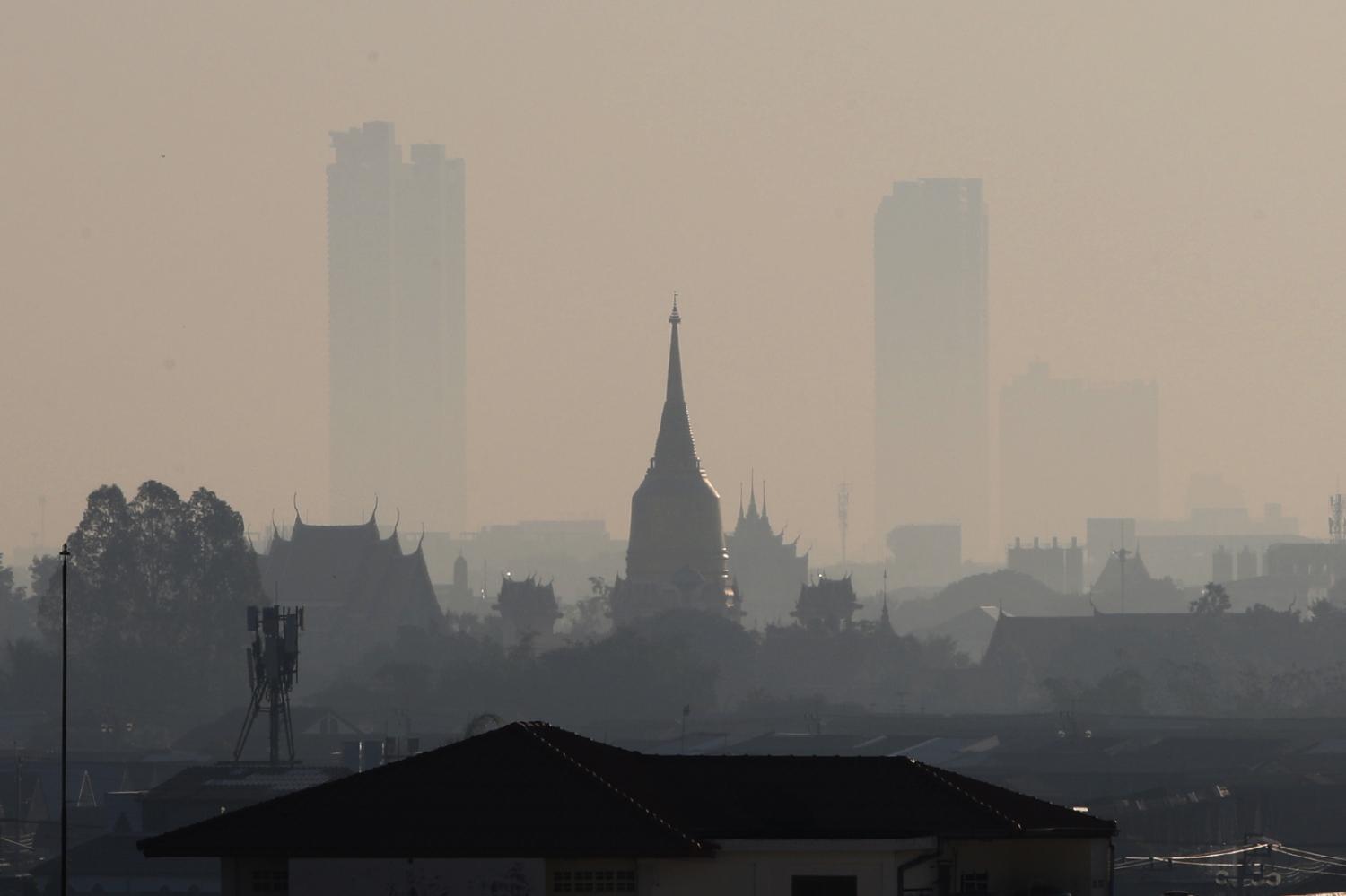Showing 41 - 50 of 4,795
US confirms sweeping visa service suspensions
Reuters and AFP, Published on 15/01/2026
» WASHINGTON - The administration of US President Donald Trump is suspending processing of immigrant visas for applicants from 75 countries including Thailand, a State Department spokesperson confirmed on Wednesday, as part of Washington’s intensifying immigration crackdown.
Jakarta to organise Asean championship draw on Thursday
Sports, Tor Chittinand, Published on 15/01/2026
» The official draw for the 30th anniversary edition of the Southeast Asian football championship takes place in Jakarta on Thursday, with Thailand eager to wrest back the crown from Vietnam.
At least 32 dead after crane falls on moving train in Korat
Post Reporters and News Agencies, Published on 14/01/2026
» NAKHON RATCHASIMA — At least 32 people were killed and 64 others injured after a construction crane fell onto a moving train in this northeastern province on Wednesday morning.
Cambodia to keep up crackdown on scam centres after arrest of alleged mastermind
Reuters, Published on 14/01/2026
» Cambodia's arrest of alleged scam centre kingpin Chen Zhi and his extradition to China was "not the end" of the Southeast Asian nation's battle to stamp out trans-border crimes, its foreign minister said.
Vietnam's Communist Party chief Lam seeks presidency in China-style expanded power mandate
Reuters, Published on 12/01/2026
» HANOI - Vietnam's Communist Party chief To Lam is seeking to combine his party role with the state presidency, officials said, in a move that would align Vietnam's political structure more closely to China's where President Xi Jinping heads the party and state.
Amata preps B5.7bn project in Vietnam
Business, Lamonphet Apisitniran, Published on 07/01/2026
» Amata VN Plc, a subsidiary of Thailand's industrial estate developer Amata Corporation, has received Vietnamese government approval to develop its fifth industrial estate in Phu Tho province, with an investment value of 5.7 billion baht.
Anatomy of a scam
News, Wassayos Ngamkham, Published on 03/01/2026
» Police say scammers will develop more sophisticated operations in 2026, allowing them to target victims more precisely, even though some scam centres along the borders of Myanmar and Cambodia have been dismantled in recent months.
Exporters face another tough year
Business, Published on 03/01/2026
» Thailand's exports in 2026 are expected to face volatility and challenges due to a global economic slowdown that is dampening demand in key trading nations.
Exit the Snake, enter the Horse
News, Curtis S Chin and Jose B Collazo, Published on 30/12/2025
» As we bid farewell to 2025, and welcome 2026 -- and soon, the lunar Year of the Horse -- we once again highlight the winners and losers of the year gone by in Asia.
Thai year of environmental upheaval
News, Apinya Wipatayotin, Published on 27/12/2025
» In 2025, Thailand faced a convergence of challenges that had laid bare its vulnerability to environmental degradation, natural disasters, and complex regional dynamics.




